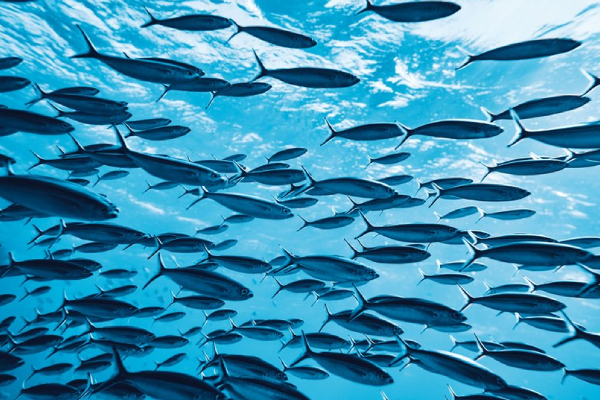Global warming is causing fish to migrate to colder waters throughout the world, According to a recent study.
The bulk of fish populations, according to researchers at the University of Glasgow, are migrating closer to the north and south poles or to deeper waters than they would typically inhabit in order to stay cool.
They are acting in this way because rising sea temperatures have an impact on fish’s ability to spawn, grow, and even how efficiently they can digest their food.
Even a slight rise in water temperature can make many fish’s habitats uninhabitable since they only have a very narrow range of sea temperatures in which they can survive.
And while some fish may be able to adapt their bodies to the new temperatures, most find moving home is the only option.
Read Also
This has been seen in declining fish populations all over the globe, and in some places, fish species have disappeared altogether.
The scientists say that changes in marine life (things that live in water) have been up to seven times faster than in animals living on land.
The study looked at 115 different species of fish across all seven oceans around the world, and those working on it say it’s the first time a study on such a global scale has been done.
Carolin Dahms, lead author on the study, said fish populations are moving most where temperatures are rising fastest.
Professor Shaun Killen, senior author of the study, said we don’t yet know how these moves will affect food chains and ecosystems in these areas.
He explained: “If the prey of these species don’t also move, or if these species become an invasive disturbance in their new location, there could be serious consequences down the road.”





